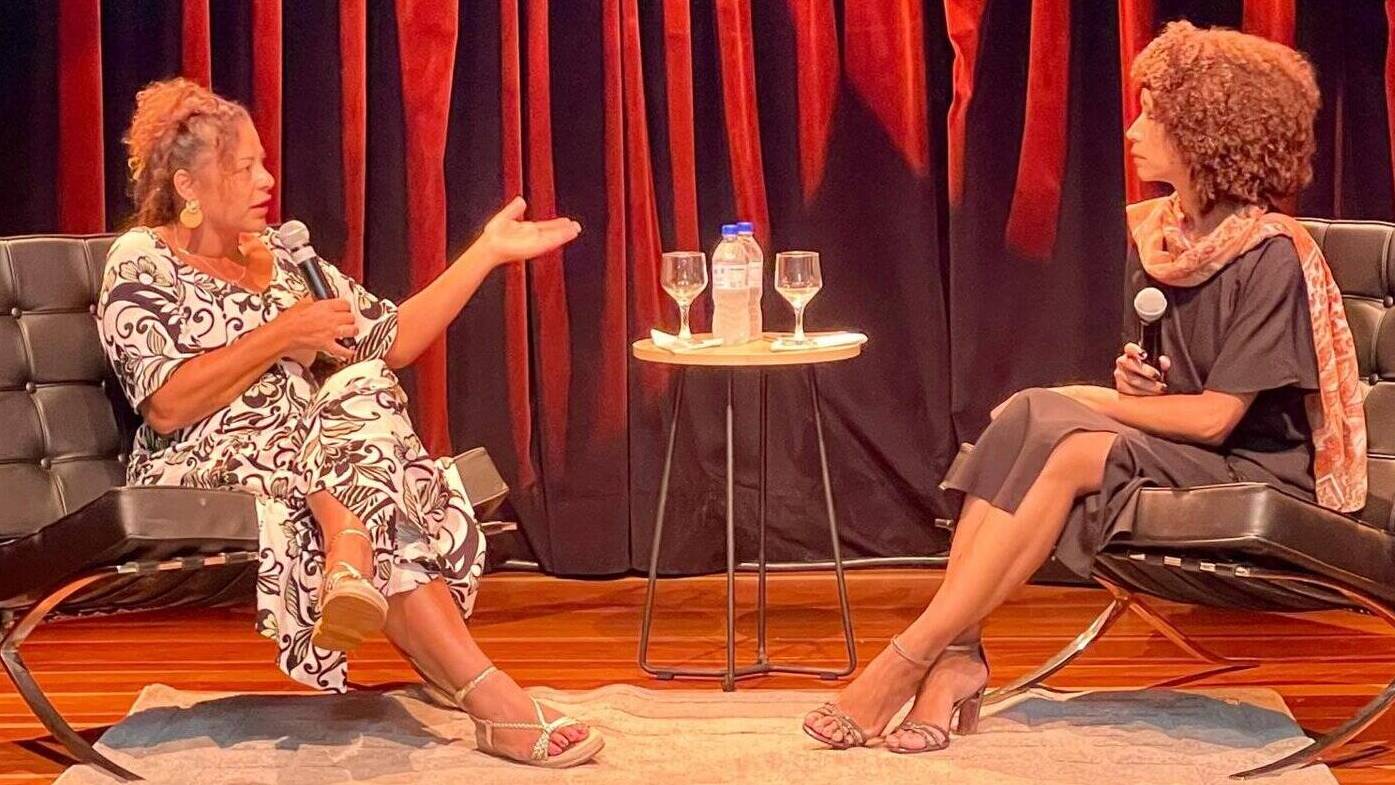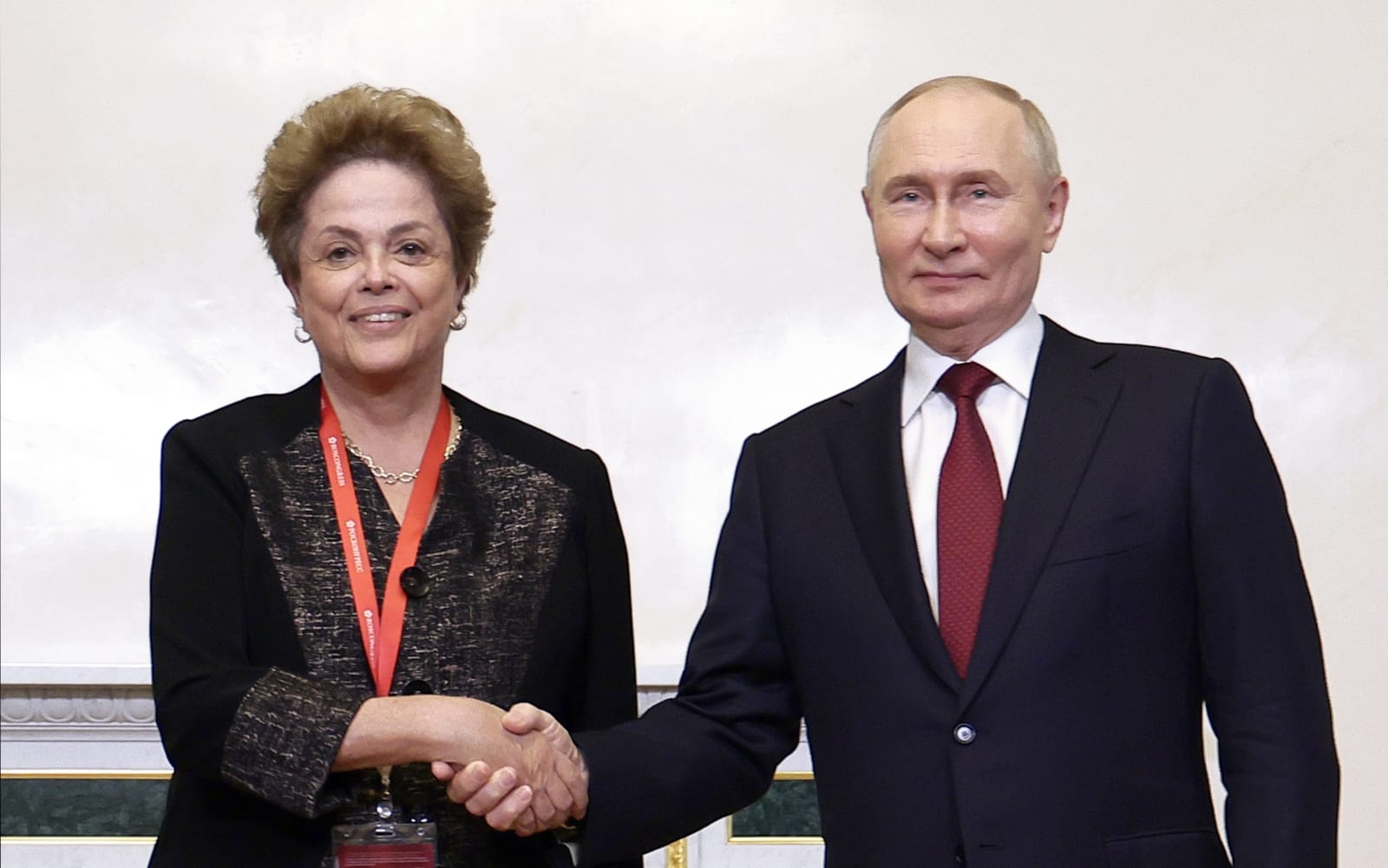O novo n\u00e3o me choca mais'
Section_4_Conflicts_of_Interest.txt
4.1 Introduction Audiences must be a??o entre amigos premium loteria federalable to trust the BBC and those working for it, and be confident that editorial decisions are not unduly affected by outside influences such as commercial or political activities or personal views or experiences. This section explains how an individual's activities might affect the public's perception of the BBC and their role at the BBC. Conflicts of interest can arise for anyone who works for the BBC in any capacity, however they are engaged. This is particularly important for those involved in producing, overseeing or appearing in BBC content. It also applies to independent producers making content for the BBC and BBC Commercial Services making content for any party. A potential conflict of interest arises when an individual's behaviour and choices outside the BBC risks affecting – or may be reasonably perceived as affecting – their own and the BBC's impartiality, independence and integrity. A potential conflict of interest also risks damaging the BBC's brand and reputation. It is a requirement that all BBC staff must formally declare any personal interest which may affect their work with the BBC. Managers in each division are responsible for deciding what action if any is necessary to manage or mitigate potential conflicts of interest. They must consider the wider implications for the BBC as a whole. In some circumstances, it may also be appropriate to consider whether the position of families and close personal contacts may present a potential conflict of interest. Individuals are responsible for completing a Declaration of Personal Interests form and this requirement extends to freelance presenters, reporters, producers and researchers and other workers. The onus to declare personal interests rests with the individual. There may be particular sensitivities around on-air talent. There may be times when individual freedoms may need to be constrained or when managers decide that individuals may have to be restricted in the areas in which they can work, the times they can work or in certain aspects of their roles. These decisions will depend on the kind of output they are involved in, their role, how senior they are and on the nature of their personal interests and external activities. Conflicts of interest are not regulated by Ofcom, except where they may lead to a failure of due impartiality.[1] The BBC's policy on personal interests forms part of the contract of employment that applies to its employees. All contracts (whether staff or freelance) should include a requirement to comply with the Editorial Guidelines including the guidance notes on Conflicts of Interest and, where applicable, Personal Use of Social Media. Failure to comply with these Guidelines or to follow the related guidance may result in action being taken. For individuals who are otherwise engaged by the BBC – including reporters, producers, researchers, on-air presenters and other people working in an on-air role such as judges, hosts, team captains etc – the consequences of failure to comply with these Guidelines and related guidance should also be reflected in their contracts as well as being subject to the usual complaints process. The principles on conflicts of interest apply to everyone, but the application of the principles varies according to an individual's role and their level of involvement with BBC content. This reflects audience expectations of the impartiality and integrity of BBC output, in particular the expectation that its news and current affairs and factual journalism will meet the highest levels of accuracy and impartiality. Factual journalism output refers to content that is produced outside news and current affairs which is journalistic in nature. There are additional legal and regulatory constraints on those involved in financial journalism or those who are involved in output offering financial or consumer advice. These Guidelines are not intended to prevent the BBC from using staff, freelances and presenters with expertise or specialisms in particular areas. Nor is anything in these Guidelines intended to prevent elected officials of the BBC's recognised trade unions carrying out legitimate activities on behalf of their union. This section of the Editorial Guidelines must also be read in conjunction with the section on Impartiality and the detailed guidance on Conflicts of Interest and Personal Use of Social Media. (See Section 2 Impartiality) (See guidance: Conflicts of Interest and Personal Use of Social Media)
















